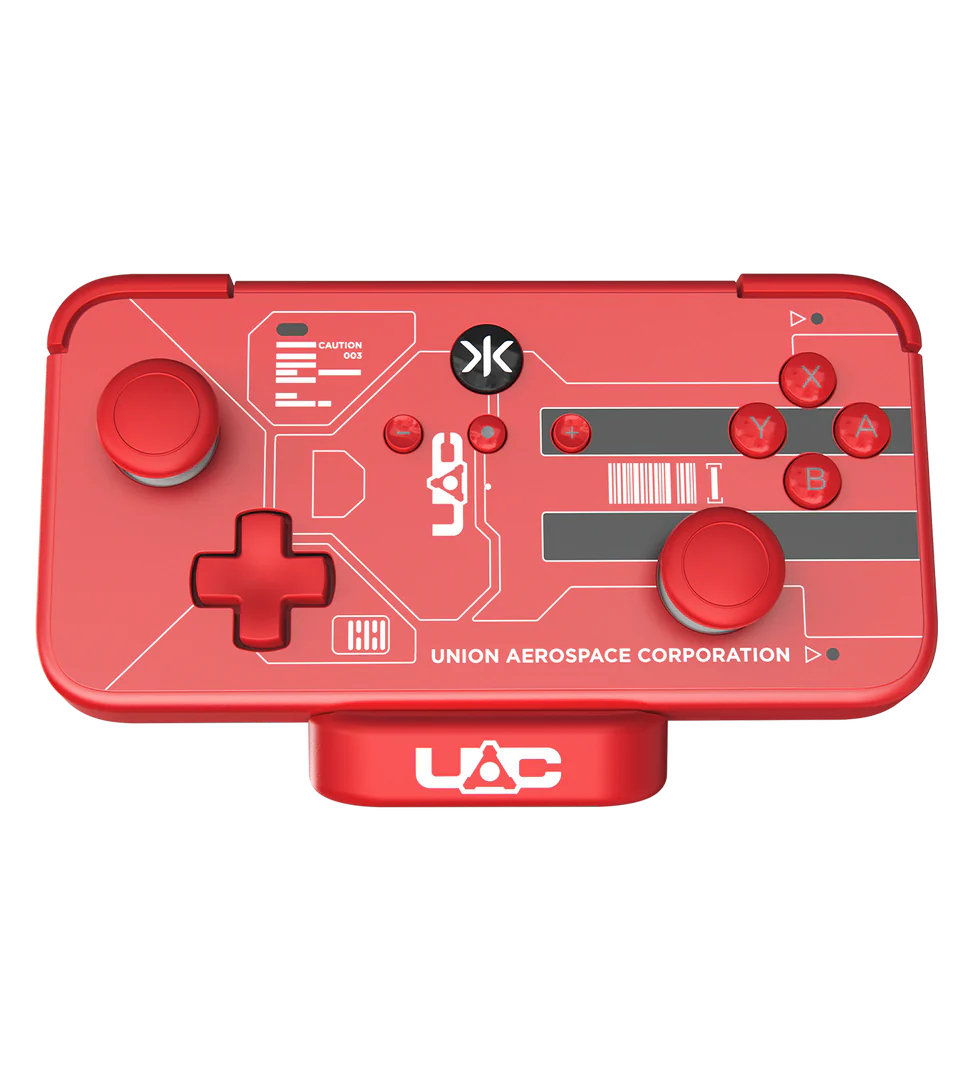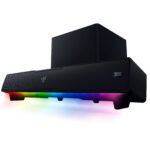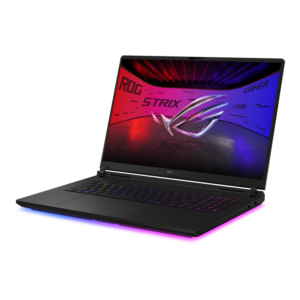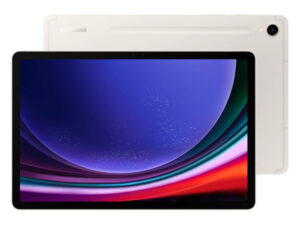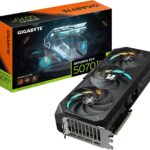Now Reading: GIGABYTE GeForce RTX 5070 Ti Gaming OC 16G Graphics Card Review
1
-
01
GIGABYTE GeForce RTX 5070 Ti Gaming OC 16G Graphics Card Review
GIGABYTE GeForce RTX 5070 Ti Gaming OC 16G Graphics Card Review
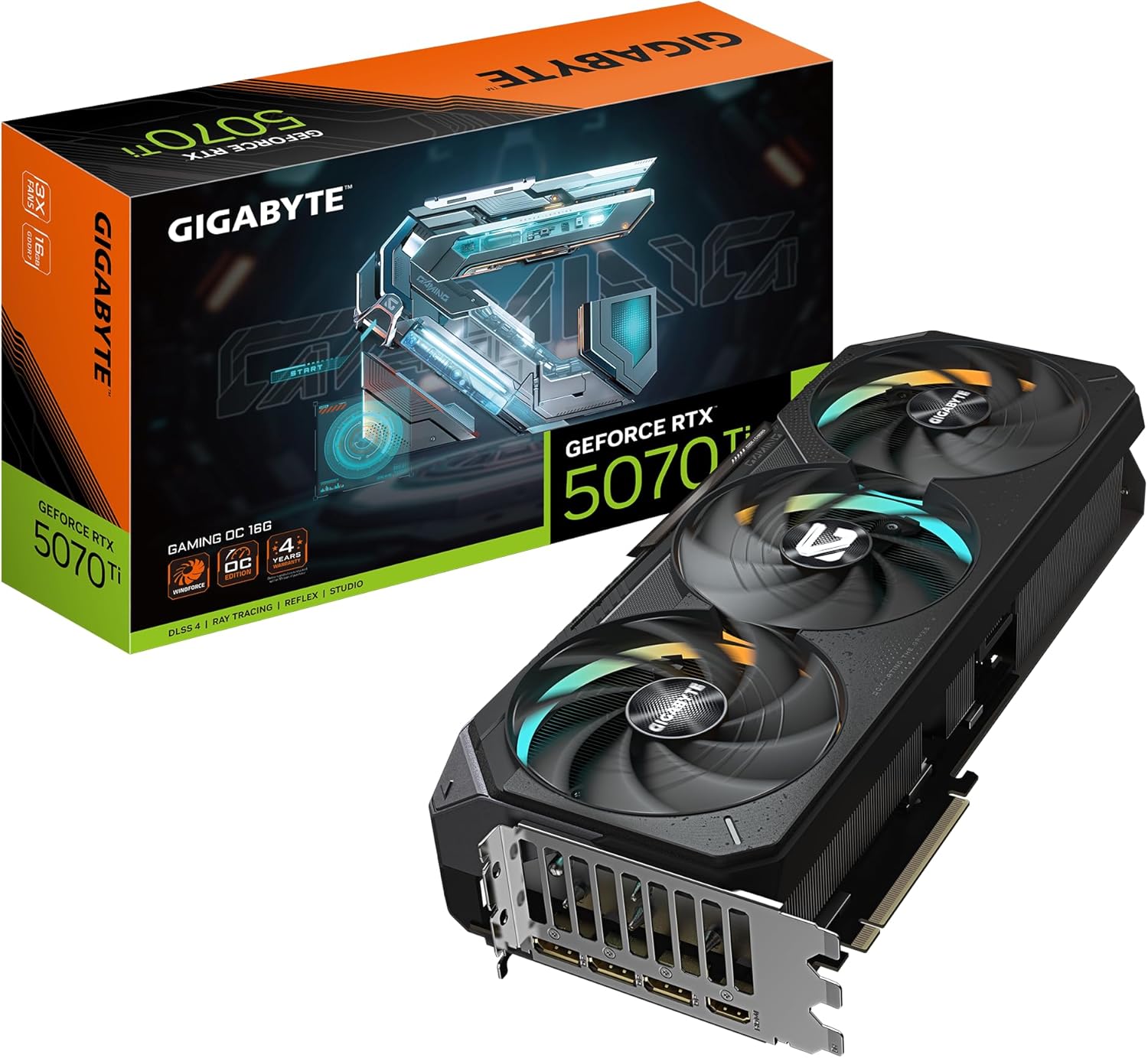
9.0 / 10Overall
Build Quality
9.0
Performance
9.0
Functionality
9.0
Reliability
9.0
Review
The Summary
The GIGABYTE RTX 5070 Ti Gaming OC is a high-performing GPU with top-tier cooling and robust build quality, ideal for enthusiasts targeting 4K gaming and creative workloads. However, its premium price undermines its value compared to MSRP RTX 5070 Ti models or AMD’s RX 9070 XT.
Pros
- Delivers excellent 4K gaming and ray tracing, with 8,960 CUDA cores and 16GB GDDR7 VRAM. Outperforms RTX 4070 Ti Super by 10-20% and RTX 3070 Ti by 60-100% in ray tracing
- Supports DLSS 4 and Multi Frame Generation, boosting frame rates significantly (e.g., 140-180 FPS at high settings in demanding titles)
- WINDFORCE system with three Hawk fans keeps temps low (50-55°C under load) and quiet, even during intense 4K workloads
- High-quality construction with a support bracket to prevent sag, dual BIOS (Performance/Silent), and a 4-year warranty (with registration
- Factory overclocked to 2,588 MHz, with stable headroom for further tweaks via Gigabyte Control Centre
Cons
- Often retails at $919-$969, far above the $749 MSRP, making it less competitive against RTX 5080 ($999) or AMD RX 9070 XT (cheaper by ~$150
- Premium over other RTX 5070 Ti models (e.g., MSI Ventus 3X at $750) or AMD cards with similar performance
- Three-slot design requires significant case space, potentially incompatible with smaller builds
- Some units had missing render output units (ROPs), though resolved, and a few users reported driver-related boot failures













